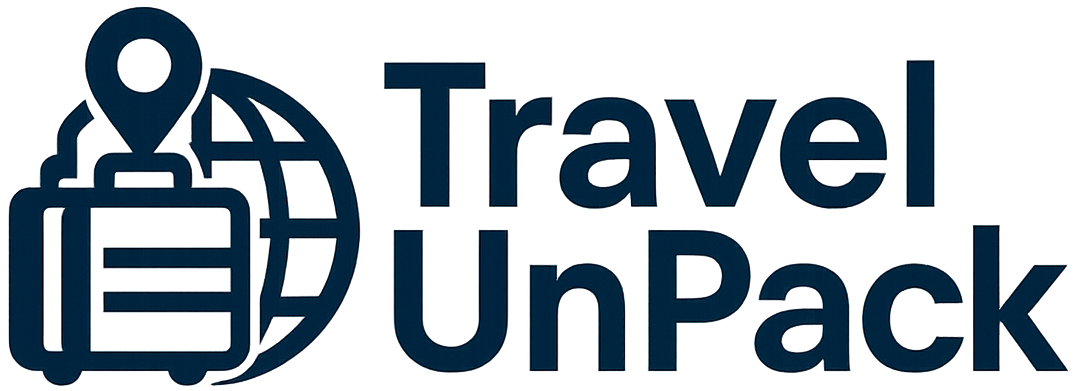Imagining yourself sitting in the classroom at the university of your dreams is exciting, isn't it? But when you start looking at the costs involved, that initial excitement can give way to very real concerns. The good news is that there are several ways to make this project a reality, even when financial resources seem limited. Let's explore together the main alternatives that can open the doors to higher education for you.
Many students have no idea how many opportunities there are - from government programs to private and institutional initiatives. The secret lies in getting to know each option in depth, understanding which ones match your profile and not being afraid to seek out information. I've prepared this complete guide so that you can navigate this universe with confidence and clarity.
Understanding the educational financing scenario in Brazil
Access to higher education in Brazil has undergone significant changes in recent decades, with the creation of programs that have democratized opportunities. Once restricted to a specific portion of the population, today a university degree is within the reach of millions of Brazilians through different forms of financial support. Understanding this panorama is the first step towards making intelligent choices.
Did you know that, according to INEP data, more than 75% of students at private institutions use some kind of funding or scholarship? This figure shows how fundamental these mechanisms have become for education in the country. Each alternative has specific characteristics, different terms and different impacts on your future budget.
Critically analyzing each option avoids unpleasant surprises down the road. How about we start by examining the option most desired by all students? The one that doesn't require a return on the money invested - the coveted scholarships.
Scholarships: how to get free quality education
Full scholarships are a student's dream come true, as they cover 100% of the tuition fees for the entire course. The University for All Program (ProUni) is the best example of this, offering scholarships at private institutions to low-income students who have taken the ENEM. To apply, you need to meet specific family income criteria and have scored at least 450 points in the exam, without losing a single essay.
But what if you don't fit the ProUni requirements? There are still several alternatives! Many universities offer scholarships for academic merit for students with excellent performance in the entrance exam or during the course. Other institutions have their own discount programs for employees of partner companies, graduates of public schools or even for siblings enrolled at the same time.
Don't underestimate the scholarships offered by private foundations, institutes and associations either - they often go unnoticed but could be the perfect solution for you. Keep an eye on the application deadlines and prepare all the necessary documentation in advance. Check out the official ProUni portal so you don't miss out on the next dates.
FIES: low-interest government funding
Created to facilitate access to higher education, the Student Financing Fund (FIES) is one of the most advantageous options on the market. Unlike a regular loan, the FIES offers significantly lower interest rates and the grace period for repayment only begins once the course has been completed. Imagine being able to focus fully on your studies without worrying about monthly installments during your degree!
There are two main modalities available: FIES for students with a per capita family income of up to three minimum wages, who pay no interest during the course, and P-FIES for those with a per capita family income of up to five minimum wages, with lower interest rates than those practiced on the market. In both cases, the student must have taken part in some edition of the ENEM from 2010 onwards, with a score of over 450 points and a non-zero essay.
The process of signing up to FIES requires attention to detail - from registering for the official system until the information is validated by the educational institution and the partner bank. Many students make the mistake of looking for information at the last minute and miss out on valuable opportunities. Start preparing in advance and have all your documents ready when applications open.
Private financing: flexibility and agility when other doors close
When government options aren't viable for your profile, private financing emerges as a practical and affordable alternative. Several financial institutions and specialized companies offer educational credit lines with a variety of conditions - some even allow parents or guardians to be the contracting parties, increasing the chances of approval.

The main advantage of these loans is the speed of the process, which can be completed in a few days, and the flexibility of the conditions. You can find options with a grace period, with interest-only payments during the course or even special discounts for those who maintain good grades. However, beware: interest rates are usually higher than the FIES, so it is essential to read the contract carefully before signing.
How do you choose between so many options? Compare interest rates, total payment periods, the existence of built-in insurance and renegotiation conditions. Companies such as Pravaler and Ideal Credit are specialized in this type of financing and offer online simulators that help you visualize your future financial commitment. Remember: what seems like a small percentage difference could mean thousands of reais at the end of the contract.
Combined strategies: maximizing your chances of success
Why limit yourself to just one alternative when you can combine different forms of financing? Many successful students have used hybrid strategies to reduce your educational costs as much as possible. Imagine getting a partial 50% scholarship and supplementing the remaining amount with low-interest financing - the impact on your budget will be drastically reduced.
Some institutions even allow you to combine ProUni with FIES in specific cases, further expanding the possibilities. Another smart strategy is to look for paid internships in your field of study - in addition to professional experience, the salary can help cover part of your educational expenses. How about thinking of it as a jigsaw puzzle where each piece fits perfectly?
The important thing is not to be discouraged by the first "no" and to persist in the search for the ideal match for your specific case. Stay organized with spreadsheets, application deadlines and the documentation required for each process. Remember: the investment in education is one of the most valuable you will make in your life, and every effort to make it possible will bring exponential returns in the future.
Preparation and planning: the path to an informed decision
Before you sign up for all the programs available, take a deep breath and make a realistic financial diagnosis. Calculate not only the tuition fees, but also the costs of transportation, materials, food and other expenses that come with university life. This holistic view will prevent you from making commitments beyond your financial capacity.
Talk to students who have already used these programs - they can offer valuable insights into bureaucratic processes, hidden deadlines and real payment experiences. Contact the finance department at the institution where you want to study and ask for specific advice on the options available. Many colleges have professionals dedicated exclusively to helping students with this process.
Remember that your choices today will have medium- and long-term impacts on your budget. Ask yourself: what is the maximum amount I will be able to commit from my future income to financing installments? How will my chosen career develop financially in the first few years? These thoughts will make all the difference between a sustainable mortgage and a complicated debt.
Final tips for avoiding pitfalls and making the best decision
Read each contract with the attention of someone who is making an important investment - because that's exactly what you're doing. Watch out for unfair termsIn addition, you will have to pay fines for early payment, capitalized interest and compulsory insurance, which significantly increase the total amount. Don't be shy about asking for help in understanding technical terms or taking the document to a specialist for analysis.
Keep up to date with changes in legislation on government programs - they are constantly updated and can open up or close down opportunities. Follow websites specializing in education, subscribe to MEC newsletters and follow financial institutions on social media. Information comes first to those who are attentive!
Last but not least: believe in your potential and don't give up in the face of bureaucratic obstacles. Thousands of Brazilians have earned their degrees through these programs, and you too can be another success story. What will be the first step you take today towards your graduation dream?



